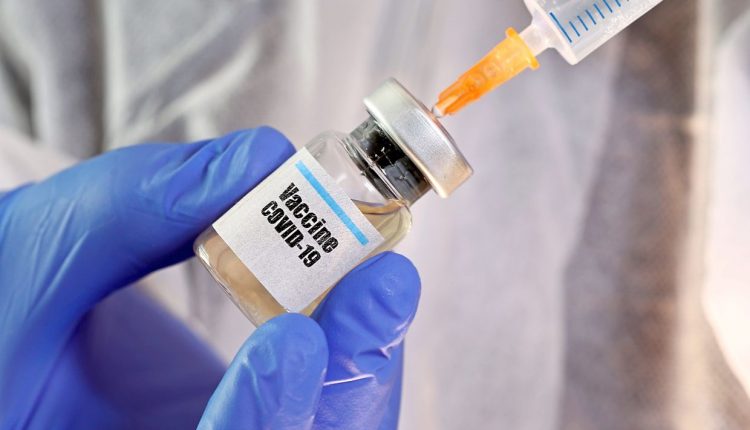KUALA LUMPUR: Experts have lauded the move for booster jabs, saying Malaysia should adopt the “mix and match” approach — using different brands of Covid-19 vaccine for the third dose — when administering the shots, especially among Sinovac recipients amid concerns over its efficacy.
Pfizer-BioNTech and AstraZeneca were recommended as the most appropriate jabs to be used for this approach, dubbed the heterologous prime-boost vaccination, which experts said could provide broader and longer-lasting immunity against the virus and new variants, besides addressing the country’s vaccine supply issues.
Epidemiologist Professor Datuk Dr Awang Bulgiba Awang Mahmud of Universiti Malaya said the authorities should be thinking of the heterologous third dose approach now as there was evidence that this would give a good boost to the immune system.
“The reasons for this are not quite clear but its safety has been demonstrated. Another reason is that there is a large supply of Pfizer and AstraZeneca vaccines which have been ordered, thus it makes a lot of sense to do this.”
Dr Awang Bulgiba, who is the Science, Technology and Innovation Ministry’s Covid-19 Epidemiological Analysis and Strategies Task Force chairman, said Malaysia should already be looking at securing supplies for booster shots to cover the entire eligible population to avoid facing a supply shortage.
Molecular virologist Dr Vinod Balasubramaniam, a senior lecturer (microbiology) at the Jeffrey Cheah School of Medicine and Health Sciences in Monash University Malaysia, said Sinovac recipients should be given the option to choose their booster doses.
This, he said, had been practised in Singapore and Indonesia for their citizens who has received Sinovac for the first two doses.
Heterologous boosting, he said, had proved to be successful worldwide from various clinical trials conducted with many countries, such as Thailand, Indonesia, Cambodia, the United Kingdom, France, Germany and the United States, allowing mixing and matching without any serious reactogenicity profile or any adverse effects reported so far.
“Booster doses from different types of vaccines may provide better protection against Covid-19 and its variants. Mixing the two types of vaccine may give the immune system multiple ways to recognise a pathogen.
“The mRNA vaccines are really good at inducing antibody responses, and the vector-based vaccines are better at triggering T cell responses (adaptive immunity).
“Different vaccines present the same information in slightly different ways. Those differences might awaken different parts of the immune system or sharpen the immune response. This strategy might also make immunity last longer. (It’s like) showing the same picture at different angles so that our immune cells can better memorise.”
Dr Vinod said a study conducted in Hong Kong in July showed that people who were inoculated with Pfizer had 10 times the amount of antibodies compared with those who received Sinovac.
“From the recent granular data shared, we get a clearer picture of Covid-19 mortality cases, including breakthrough cases in fully vaccinated individuals where it recorded 10.11 vaccine breakthrough deaths for every 100,000 people fully vaccinated with the Sinovac vaccine (total of 710 out of 922 of breakthrough infection deaths (77.0 per cent).
“This is the highest among three other vaccines, with AstraZeneca showing the best protection against breakthrough cases.”
Manipal University College Malaysia Community and Occupational Medicine Professor Dr G. Jayakumar said booster shots for vulnerable groups like frontline medical personnel, immunocompromised individuals, senior citizens with comorbidities and those working in long-term care facilities was a step in the right direction.
“The health ministry should be lauded for this move. WHO guidelines for booster doses are due to waning protection against infection, in particular severe disease over time, reduced protection against variants of concern or inadequate protection from the currently recommended primary series for some risk groups.” -NST

